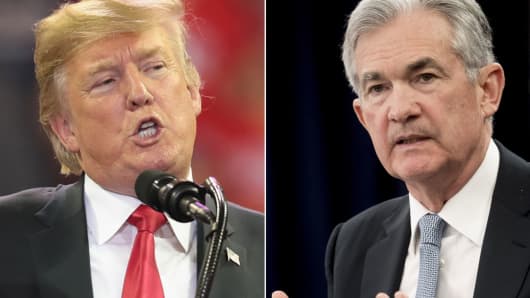Washington and the nation are very focused on the fact that Supreme Court Justice Anthony Kennedy has resigned, leaving the high court vulnerable to ideological change. Not really focused upon as much is an offhand remark made by Larry Kudlow, the director of the National Economic Council, in a recent television interview. Mr. Kudlow suggested that he hoped that the Federal Reserve would raise interest rates very slowly.
While one might agree or disagree with Mr. Kudlow’s remark (I agree), what is of greater interest is that he made the statement. It breaks a precedent that presidents — Republican and Democrat — have followed for more than two and half decades – i.e., the independence of the Federal Reserve would be respected.
Mr. Kudlow understands that he is changing policy. What’s more, he undoubtedly understands that the While House can, and I believe will, take total control of the Federal Reserve. It is very possible that monetary policy will become a political, not an economic or financial decision.


